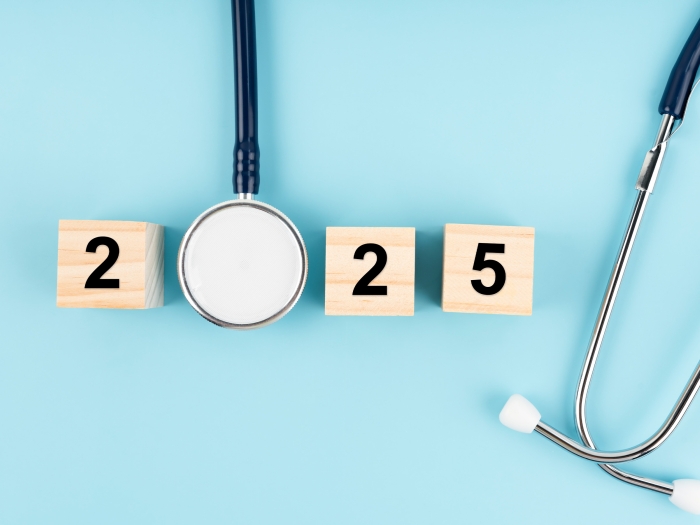5:45 PM
Author |
If you're not familiar with the phrase "high yield," you must be an applicant. Every medical student is familiar with the phrase. Some embrace it. Other shudder with repugnance. But the reality is, as you move along through your pre-clinical years, you become a bit more than merely aware of the notion that there are aspects of your education that will be tested on Step 1 of the USMLE, and facts that simply are not. High yield -- the facts that matter for Step 1. High yield -- optimizing your sow for the maximum reap.
Nutrition -- other than knowing your testable vitamin and cofactor associations (which you bloody well better) -- is not a high yield topic for Step 1 of the USMLE. Nobody is going around freaking out about the ins and outs of the Mediterranean diet, or the merits of low carb vs. plant based vs. any of the other topics that our patients are grappling with for their everyday lives. But it matters. And I'm not going to spend this blog trying to lay out the case for why diet and lifestyle matters to our patients. Just open your eyes to the people we are caring for in our hospitals and clinics. What could be more impactful?
Angie Sullivan giving a tour of amazing eating in the student lounge

Nonetheless, I'm sure you've gathered that this is a passion of mine. And I should say that while it's a passion -- it's one I haven't even been able to live up to myself during medical school, which has confounded me. While many of my classmates seem to have gotten more buff and in shape over the last two years, I have not. But let's set that aside. I came into medical school thinking that I wanted to focus on diet and lifestyle, and even in grappling with the issue in my personal life, I think I've done it.
But going to this school has given me a chance to serve on committees and on student council where I can lend a voice to the legitimacy of wellness, diet, lifestyle, etc. in the context of medical education and culture. I'd really love to help evolve the culture of medicine to where we're taking care of ourselves and our associates. I'd love to see hospitals be a paradigm of awesome health. To serve healthy food that is also affordable and actually inspire people when they come to the hospital with the possibilities around good eating and living. So, at Michigan I try to do the little things to see and be these changes myself.
So, the meditation group I've got going with a few friends has been a part of that. We meet once a week at a time that supports our own lives, and it's been a great little group. Starting last year, a friend and I started another group -- a regular nutrition lunch series aimed around topics in our curriculum. She really took the lead, and organized some great talks on sports nutrition, diabetes management, and heart-healthy diets, to name a few. But as medical students, we truly are strapped for time. We are going from one thing to the next, constantly studying, and I'd rather an issue as important to our lives and those of our patients such as nutrition not fall to students to organize.
So, we've found a local organization, Plant-Based Nutrition Support Group that is willing and interested in taking a leadership role in planning and executing talks. It's been an excellent partnership so far. One of Michigan's staff members has really been the point person for getting this series going, and I'm so grateful that she's able to do this. Nutrition really needs a stakeholder at the institutional level to sustain itself as a topic worthy of continued importance in our lives as medical students. I would love to see a higher-level collaboration go on between the medical school and a newly-formed graduate program run through Michigan's School of Public Health called -- you guessed it -- the Department of Nutrition Sciences.
I honestly hope that my part in organizing these activities is a small contribution to my ultimate goal -- evolving the culture of medicine.
If you come to Michigan -- I'd like to invite you to join me and my passionate classmates who have issues that are dear to them. It's an active time at our medical school, with a lot of opportunity to find niches where you'd like to see change, and to work hard to be useful. Just off the top of my head, I can list a myriad of issues that are being addressed by student organizations in collaboration with interested faculty: healthcare inequality, transgender rights issues, global health, ethics, technological innovation, curriculum change, black lives matter, Medical Student Grand Rounds.
Find the chunk that matters most to you and dive in.
May the Yield be High.

Department of Communication at Michigan Medicine
Want top health & research news weekly? Sign up for Health Lab’s newsletters today!





